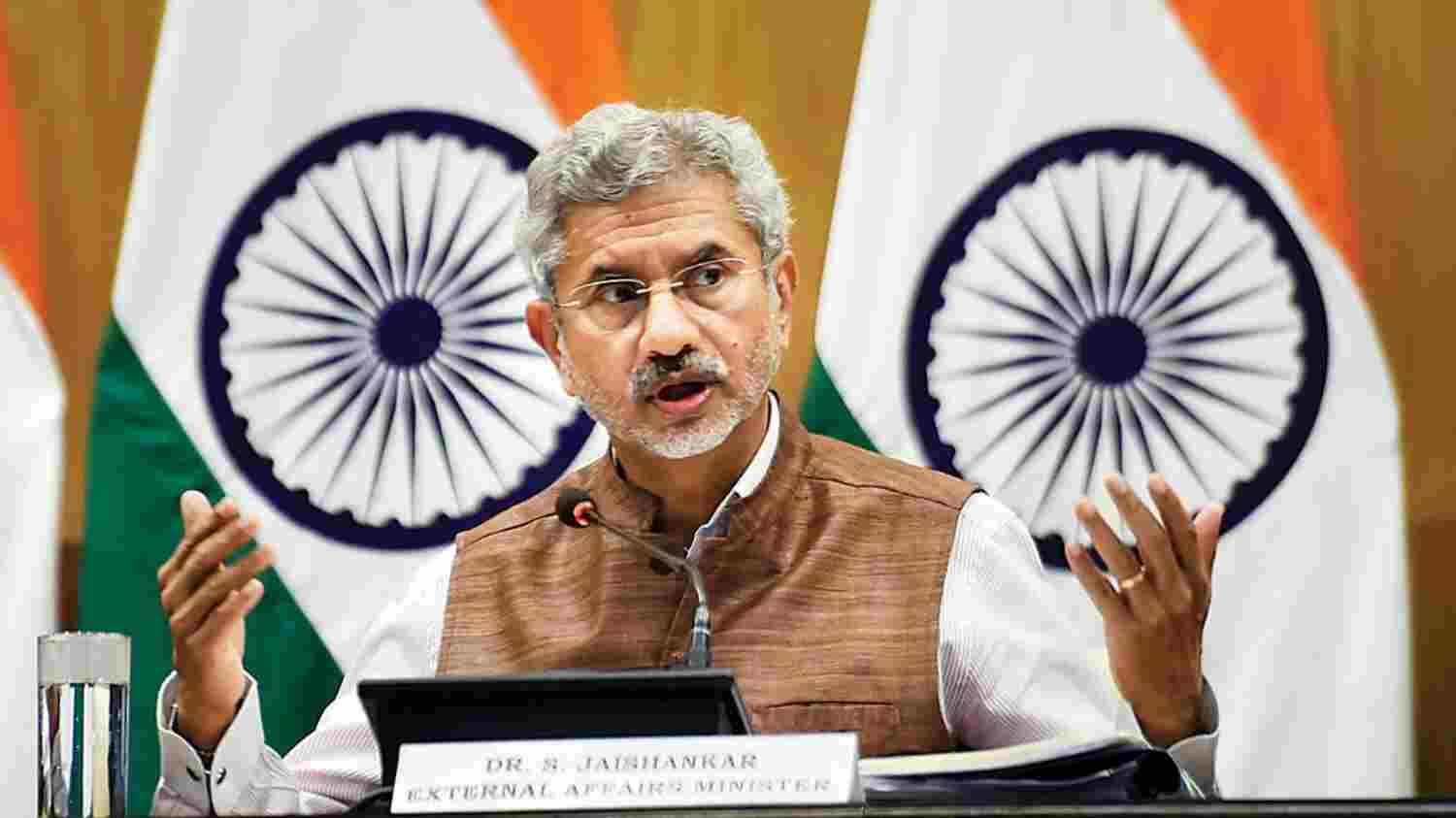Put to rights
As the world looks for post-Covid configuration, country-specific concerns would find reflection in the Asian discourse of restructuring the global supply chain

An international conference recently focussed on the emergence of a new order in the post-Covid world in the Asian context. Ever since the world came into the grip of the pandemic, world leaders and the strategic community are working on a recovery plan as countries begin to come out of it.
The talk of seeing light at the end of the dark and long tunnel the world has been into could sound premature for many countries including India that are going through tough situations.
For the present, political leadership in most countries are battling to ensure that the immediate needs of people in the form of medical support are met, and survival kits reach the underserved and lesser privileged sections facing the consequences of the distressing economic conditions. While attending to the immediate tasks, as is often said, a crisis also brings with it an opportunity and leaderships loath to miss the bus.
The situation can be described through an old Hindi song "Woh Subha Kabhi to Aayegi" (That dawn would eventually arrive). Policy planners are looking ahead visualising what the contours of this new order will be.
Participating in the Conference organised by a leading media house of Japan, External Affairs Minister S Jaishankar said the pandemic is changing perceptions and calculations of countries about each other and the world at large. He articulated some areas of the possible structure.
These include bringing in the value of trust and transparency; raising risk aversions in a world that is more insecure; encouraging strategic autonomy to address over-dependence on others; focussing on the need to create a greater global capacity so that current challenges can be effectively tackled by promoting decentralised globalisation; and establishing resilient supply chains to de-risk the world economy.
Today, across capitals, one of the biggest challenges is the uncertainty of when the pandemic would taper off. One crucial strategy in this fight to check the spread of this virus is vaccination. India, as the global pharmacy of the world, took off well by supplying some 60-odd million vaccines to several countries, until the devastating second wave at home forced it to pause vaccine exports. As domestic capacity is ramped up, and more doses available, the supplies under programmes like WHO-run COVAX should resume.
In the words of the Minister: "Given that interests are the primary driving force, the global outlook of nations reflects their exposure to global supply chains. This holds true as much for priorities like vaccine production as for the larger economic routine. But somewhere, there are factors beyond comfort and gains at play. An outlook that envisages the world as a family — where exceptionalism is not the main prism — will encourage a shared approach. And that is important because the pandemic is a global challenge that requires nothing less than global solutions. If its overall result is to compel us to approach the big issues of our time with greater unity and cohesion, it may well have done us more than a small favour."
While the issue of a resilient supply chain persists across various sectors, the world is realising that the capacities of different countries are insufficient to meet the humongous demands being generated.
Connected with this is the concern that while the world copes up to deal with and come out of this pandemic, today, countries are also contemplating to prepare for more such health challenges in the future. In India's view, the response should be collective since no country alone can meet the demands emanating across the globe.
"What we will now have to conceptualize is re-engineering the way the world works to prepare for and mitigate such cataclysmic events. COVID-19 has certainly triggered debates on issues like supply chains, global governance, social responsibility and even ethics…it equally encourages an objective assessment of the contemporary world so that we are better prepared for tomorrow", S Jaishankar spoke to the audience that included leaders from most countries in the continent.
At the time of onset of the pandemic last year, many countries realised the folly of dependence on supplies from one country, be it in the form of medical equipment, personal protection equipment or the other tools required to face the challenge. India, on its part, encouraged domestic manufacturers to produce goods and ramped up manufacturing.
The debates have just begun. There are many more facets that each country will be discussing and much of it would depend on the kind of challenges encountered during the last 18 months. Countries in the continent, especially emerging economies, would have to work on a collective plan in sync with national priorities moving towards a different post-pandemic world.
Views expressed are personal



